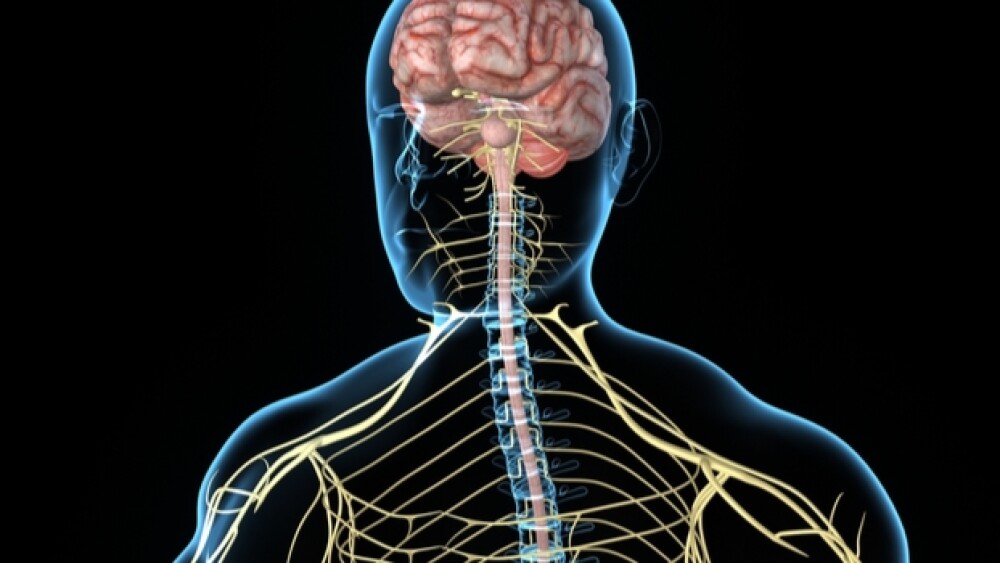Mindset Pharma was granted allowance by the U.S. Patent and Trademark Office for its application for a psilocybin-based family of drugs to treat central nervous system disorders.
Toronto-based Mindset Pharma was granted allowance by the U.S. Patent and Trademark Office (USPTO) regarding its application for a psilocybin-based family of drugs to treat central nervous system (CNS) disorders.
Specifically, the USPTO granted an allowance for patent application number 17/387,864, “3-Pyrrolidine-Indole Derivatives as Serotonergic Psychedelic Agents for the Treatment of CNS Disorders.”
The application also included drug candidates Mindset classifies in Family 2, which are novel analogs of psilocybin. Mindset is in collaboration with the McQuade Center for Strategic Research and Development on drugs within Family 2. The McQuade Center is part of the Otsuka global family of drug companies.
In January, Mindset inked a development partnership with the McQuade Center to develop Families 2 and 4 consisting of novel psychedelic compounds.
“Family 2 has a potentially superior in-clinic macrodose profile to psilocybin,” James Lanthier, chief executive officer of Mindset said. “This notice of allowance reaffirms the strength of Mindset’s IP position and facilitates our ongoing development of Family 2, a highly differentiated asset in our mission to help patients with unmet needs via the discovery of optimized psychedelic medications.”
Lanthier added that this set of compounds has demonstrated positive early results and said Mindset is “looking forward to continuing our work with Otsuka to get closer to bringing Family 2 to clinical trials.”
Early in June, the USPTO issued a notice of Allowance for another of the company’s patent applications. This allowance was given to 17/387,845, “Psilocin Derivatives as Serotonergic Psychedelic Agents for the Treatment of CNS Disorders.” This designation includes Family 1, which are second-generation compounds designed to have improved pharmacokinetics, effect size, safety and manufacturing compared to psilocybin.
At the time, Lanthier said, “This notice of allowance marks yet another important milestone in our pursuit of creating next-generation psychedelic drugs to treat neurological and psychiatric disorders with unmet needs.”
Psilocybin is a naturally occurring psychedelic prodrug generated by more than 200 species of fungi. The drug is biologically inactive but is converted by the body to psilocin, which is hallucinogenic, with effects including euphoria, visual and mental hallucinations, perception changes and a distorted sense of time.
Mindset is focused on applying rational drug design to classic psychedelic molecules in an attempt to create safer, more effective drugs that can be optimized for pharmaceutical use, specifically for neuropsychiatric indications.
According to the company’s website, Mindset has four Families, with Family 1/MSP-1014, a psilocybin-like conjugate, the furthest along, currently in IND-enabling studies. Families 2, 3 and 4 are in the lead identification or lead optimization phase. MSP-1014 is currently being developed for End of Life Angst and treatment-resistant depression. The company indicated it hopes to enter Phase I clinical trials this year.
On June 22, Mindset entered a research deal with the Centre for Addiction and Mental Health (CAMH) in Toronto. Mindset is sponsoring a preclinical study at the center on MSP-1014. The study will evaluate how macro and micro doses of psychedelic compounds modulate expression levels of molecular biomarkers of brain plasticity in rats. They hope to identify short- and long-term changes in specific biomarkers, cFOS and BDNF expression, that might be associated with long-term behavioral changes.
“We are eager to work together with Mindset Pharma to contribute to the field of psychedelic knowledge,” CAMH’s Dr. Anh Dzung Lê said. “Given that by the time Canadians reach 40 years of age, one in two have — or have had — a mental illness, CAMH scientists and clinicians are dedicated to exploring treatment options that account for the unique needs of individual patients. We are pleased to partner with Mindset on this study as our missions are aligned in the prioritization of mental health care.”





